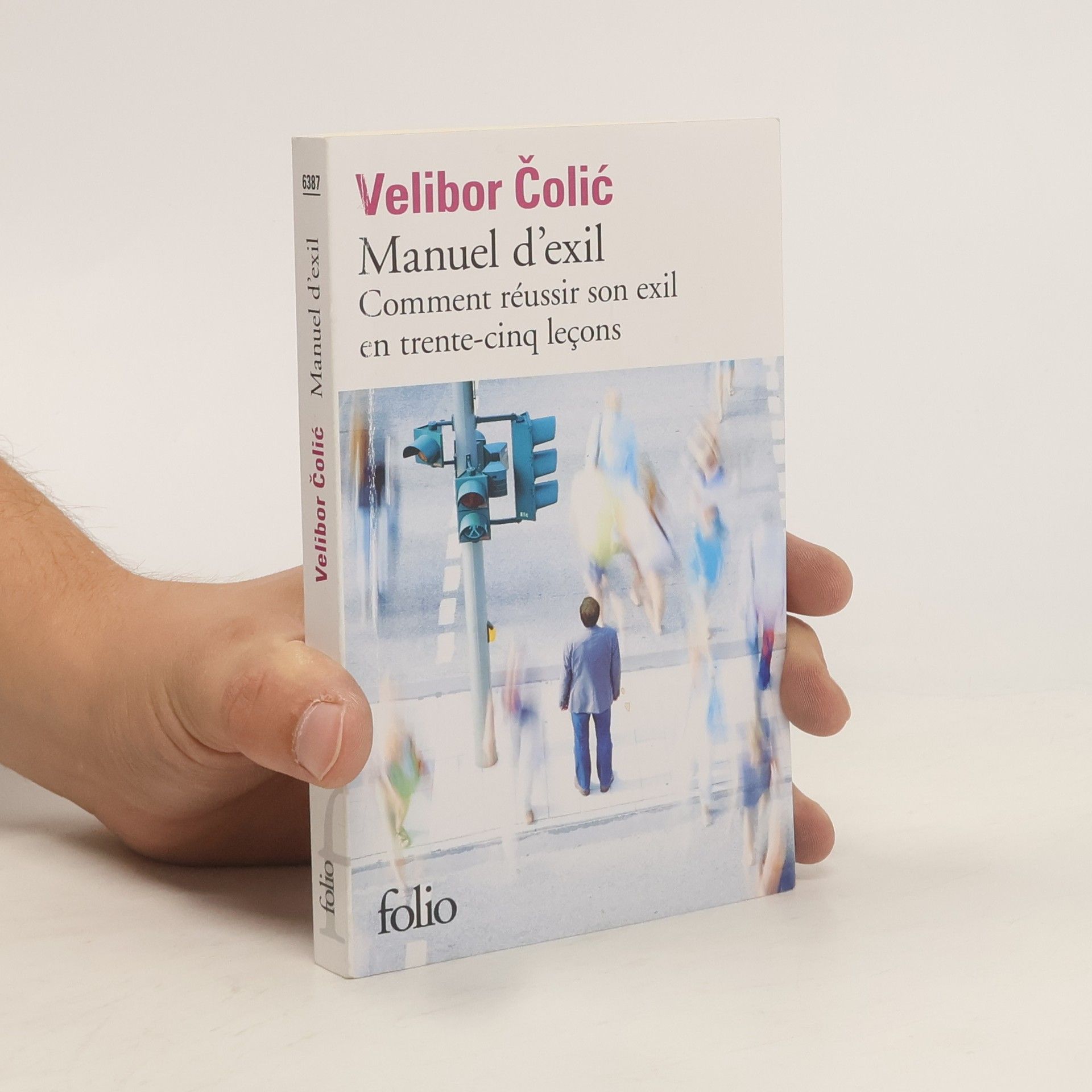The life of the painter Amedeo Modigliani (1884-1920) was chaotic and tragically brief. Consisting of a series of vignettes, mostly set in the painter's studio and peopled by his lover Jeanne Hébuterne (who ended her own life the day after Modigliani's death), the prostitutes who were his occasional models and several Bohemian visitors, the novel spans the last months of Modigliani's life, evoking the strange workings of the painter's troubled and often drug-fueled mind and its expression in his paintings, ultimately succeeding in conveying something of the intense artistic life of Paris in the first decades of the twentieth century. Pushkin Collection editions feature a spare, elegant series style and superior, durable components. The Collection is typeset in Monotype Baskerville, litho-printed on Munken Premium White Paper and notch-bound by the independently owned printer TJ International in Padstow. The covers, with French flaps, are printed on Colorplan Pristine White Paper. Both paper and cover board are acid-free and Forest Stewardship Council (FSC) certified.
Velibor Čolić Boeken




Ederlezi : pesimistická komedie
- 172bladzijden
- 7 uur lezen
Autor se vydává po stopách věhlasné cikánské kapely, která putuje po nejrůznějších balkánských štacích. Virtuózní muzikanti, pijáci, mluvkové, nezdolní vypravěči, proutníci a nenapravitelní rváči unášejí čtenáře prostřednictvím svých košilatých vtipů a neuvěřitelných historek kořeněných aforismy čerpanými z lidových moudrostí všech kultur křížících se na Balkánském poloostrově, samozřejmě v doprovodu srdceryvných písní, od města k městu, od epochy k epoše. Procestuje tak s nimi celé dvacáté století. Pod přílivem jednou smutných, jednou úsměvných příhod, jichž jsou svědky a mnohdy i aktéry, se skrývají převážně tragické dějiny tohoto těžce zkoušeného regionu – hraní po hospodách, slavnostech a svatbách tu jde ruku v ruce s pobyty ve vyhlazovacích táborech za druhé světové války, v táborech převýchovných za éry maršála Tita a s drtivými událostmi bosenské války v devadesátých letech. Vražda vedoucí orchestru Azlana, který jako by se převtěloval z generace do generace, na počátku nového tisíciletí symbolicky ukončuje pouť kapely v táboře zvaném „Džungle“ v Calais. Stejně jako muzika slavného Orchestru Ploska je i psaní Velibora Čoliće nabité emocemi, barvitými obrazy a radostí z vyprávění
Manuel d'exil. Comment réussir son exil en trente-cinq leçons
- 240bladzijden
- 9 uur lezen
"I have BAC plus five, I am a writer, novelist… – Aucune importance mon petit, répond la dame. Ici tu commences une nouvelle vie…" Après avoir déserté l’armée bosniaque, le narrateur se retrouve sans argent ni amis, ne parlant pas le français, dans un foyer pour réfugiés. Dans une langue poétique, pleine de fantaisie et d’humour, Velibor Colic aborde un sujet d’une grande actualité et décrit sans apitoiement la condition des réfugiés, avec une ironie féroce et tendre.
Ohne Geld und ohne Freunde findet sich der Erzähler in Rennes wieder. Er spricht drei Worte Französisch: Jean, Paul und Sartre und hat bereits drei Romane veröffentlicht – in einem Land, das es nicht mehr gibt. In Frankreich muss er einen Sprachkurs für Analphabeten besuchen. Zwischen afrikanischen Familien und russischen Exsoldaten lernt er die wichtigsten Überlebensstrategien, vor allem aber kämpft er darum, nicht als namenloser Flüchtling unter vielen zu verschwinden, sondern Schriftsteller zu bleiben. Er wird weiter schreiben, und zwar auf Französisch. Poetisch, tieftraurig und voller Witz erzählt Čolić von der existentiellen Erfahrung, sich seiner Heimat beraubt zu sehen und in der fremden Sprache eine neue Heimat zu finden.